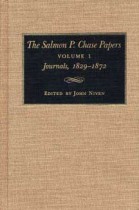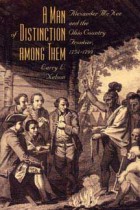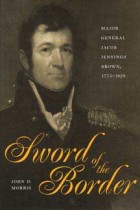The Salmon P. Chase Papers, Volume 1
John Niven | Filed under: History
“As a single volume this work is overwhelmingly impressive. Its meticulous scholarship and its intellectual breadth are stunning. Chase’s importance, his quotability, his human social outlook, his many perceptive comments, and all the editors’ notes make this work a highly desirable volume for 19th-century historians. Of all the publications of presidents’ and politicans’ papers, volume I of the Chase Papers is in a class by itself and is the most useful first volume of any similar collection.”—The North Carolina Historical Review










